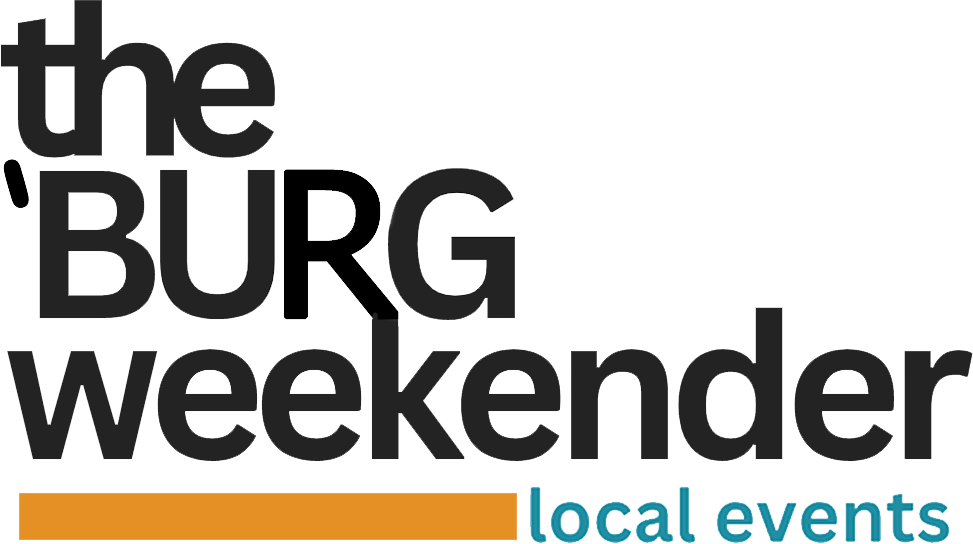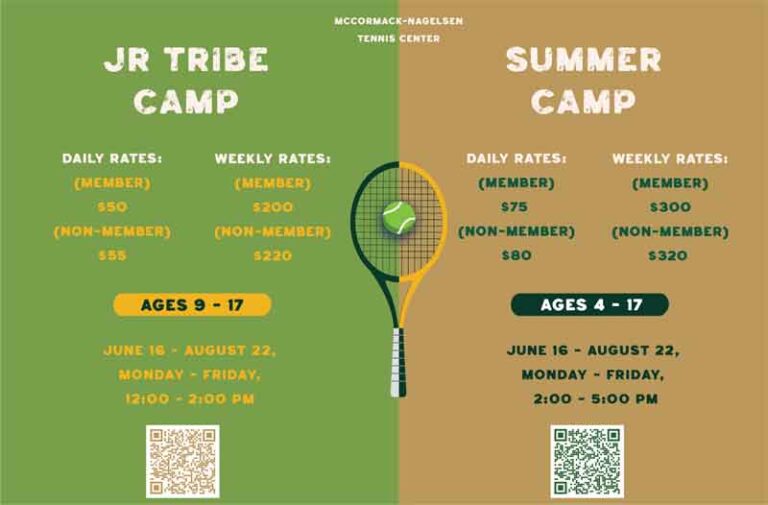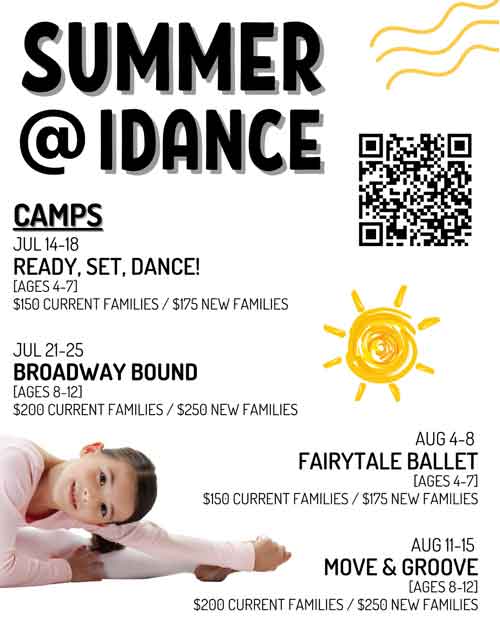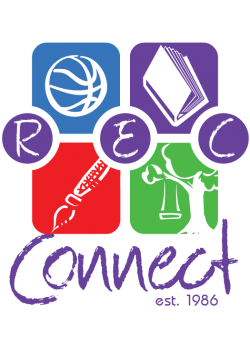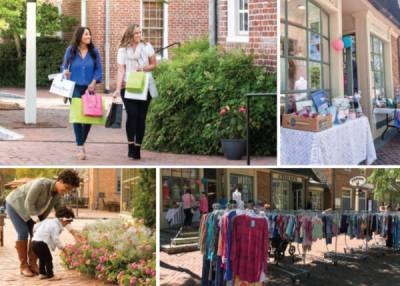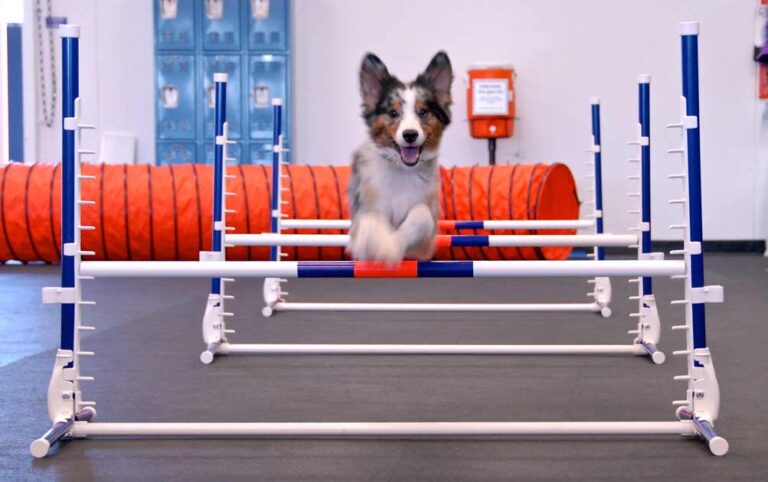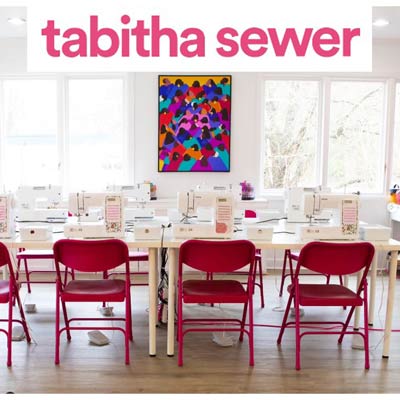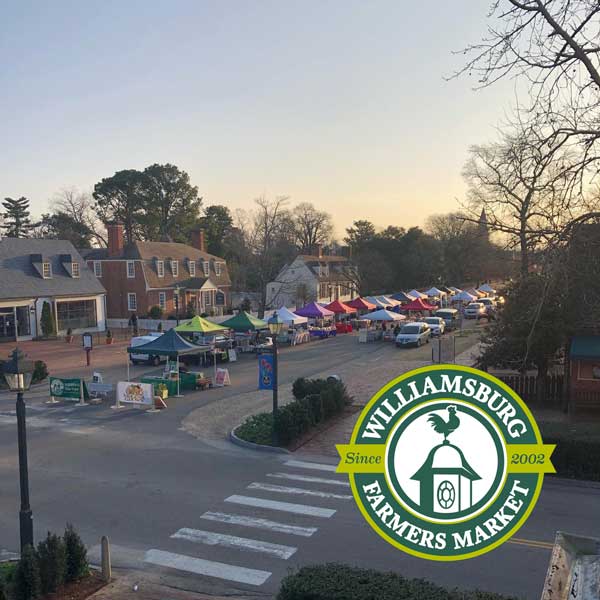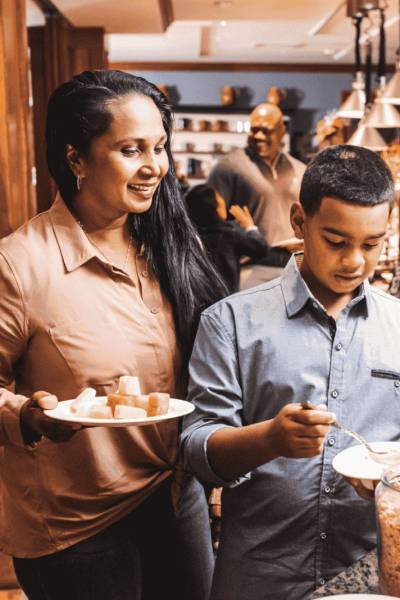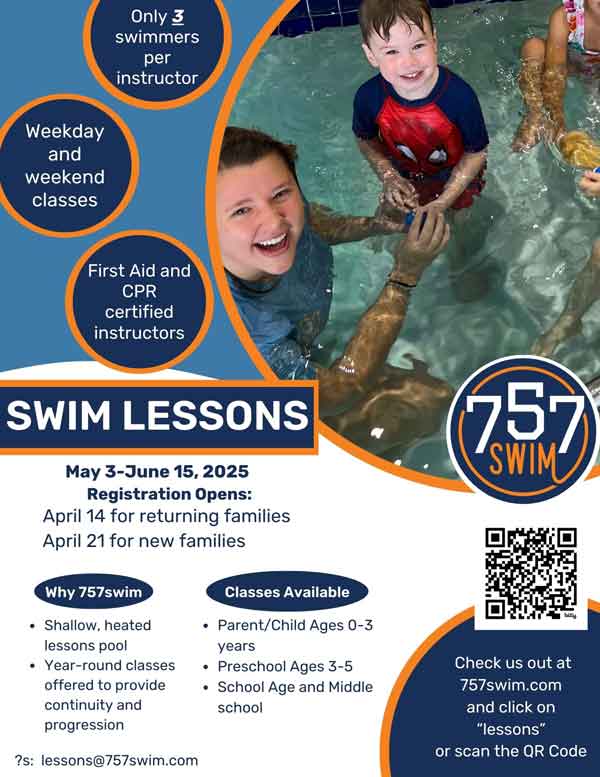Happier at Home – a WilliamsburgFamilies Book Review
WilliamsburgFamilies is doing a book review! We received a copy from the publisher of Happier at Home by Gretchen Rubin, author of The Happiness Project and The Happiness Project Blog. Here’s our two cents (feel free to add yours at the end in the comments!)
So, as it turns out, Happier at Home is actually not going to help me to get organized and have perfect children and an ideal marriage. It’s actually a book about just learning to be at home in yourself, wherever you are. It’s not a manual. It’s more like a well-researched biography of one person’s quest to be happier in life.
Like her first book, The Happiness Project, Gretchen Rubin lays out her plans to be happier at home by focusing on one topic each month: “For the nine months of the school year, from September through May, I’d strive to make home more homey” (pg. 8). In September, she looks at possessions, in October it’s marriage, in November, Parenthood, and so on.
You might wonder how much one random person’s story can help you in your own life. There were certainly sections of the book that did not seem to relate to me. For example, Rubin discovers she really enjoys scents, so she buys a variety of scents from a specialty store. That’s just not my thing. Still, she makes the point that sometimes we learn “more from one person’s highly idiosyncratic experiences than… from sweeping philosophies or wide-ranging research” (pg. xii). This, I think, is the strength of her book and her method — she goes through a very nitty-gritty process of honing in on her true self and her values, and tells us about the concrete changes she makes to be, as she says, “more Gretchen.” And I think we can all benefit from this type of process. How can I be myself more?
She writes, “My home was a reflection of myself, so the work I did to make my home more homey was actually an extended exercise in self-knowledge. To be more at home at home, I had to know myself, and face myself. This was the way to true simplicity: to be myself, free from affectation, posturing, or defensiveness” (pg. 248). This process of knowing yourself requires “admitting my limitations, my indifferences, all the things that I wish I were that I will never be” (pg. 248). I think this is where Gretchen gets it right, because in order to be ourselves, we have to let go of our desire to be the “perfect” mom (dad, professional, grandparent, insert your role here). This is not a revolutionary concept, but an important one nonetheless.
If you, like me, are occasionally a bit cynical about self-help books, you might think a happiness project would be a waste of time, when life is hard enough as it is without another project, and there is so little we can control anyways. And even Gretchen admits that “at certain points in our lives, it may not be possible to be happy.” But, she says, “it is possible to try to be happier – as happy as we can be under the circumstances – and by doing so, fortify ourselves against adversity” (pg. 11). This struck a chord for me. Why not start out at a happier point A, by doing what you can, because along the way to point B, you never know when you will need that extra fortification?
In sum, this is a quick, interesting read, that may inspire you to make some little changes that could make a big difference for your life. And if you don’t have time to read it, go straight to the end of the book. There are some great lists such as “10 Tips to Beat Clutter – in less than 5 minutes” and “5 Tips for Making Yourself Happier in the Next Hour.”
To finish here, I’ll leave you with my favorite list — Secrets of Adulthood (we all knew somebody had the secrets and they weren’t telling the rest of us, right?)
- The best reading is re-reading.
- Outer order contributes to inner calm.
- The opposite of a great truth is also true.
- You manage what you measure.
- By doing a little bit each day, you can get a lot accomplished.
- People don’t notice your mistakes and flaws as much as you think.
- It’s nice to have plenty of money.
- Most decisions don’t require extensive research.
- Try not to let yourself get too hungry.
- Even if you think they’re fake, it’s nice to celebrate Mother’s Day and Father’s Day.
- If you can’t find something, clean up.
- The days are long, but the years are short.
- Someplace, keep an empty shelf.
- Turning the computer on and off a few times often fixes a glitch.
- It’s okay to ask for help.
- You can choose what you do; you can’t choose what you LIKE to do.
- Happiness doesn’t always make you feel happy.
- What you do EVERY DAY matters more than what you do ONCE IN A WHILE.
- You don’t have to be good at everything.
- Soap and water removes most stains.
- It’s important to be nice to EVERYONE.
- You know as much as most people.
- Over-the-counter medicines are very effective.
- Eat better, eat less, exercise more.
- What’s fun for other people may not be fun for you–and vice versa.
- People actually prefer that you buy wedding gifts off their registry.
- Houseplants and photo albums are a lot of trouble.
- If you’re not failing, you’re not trying hard enough.
- No deposit, no return.


